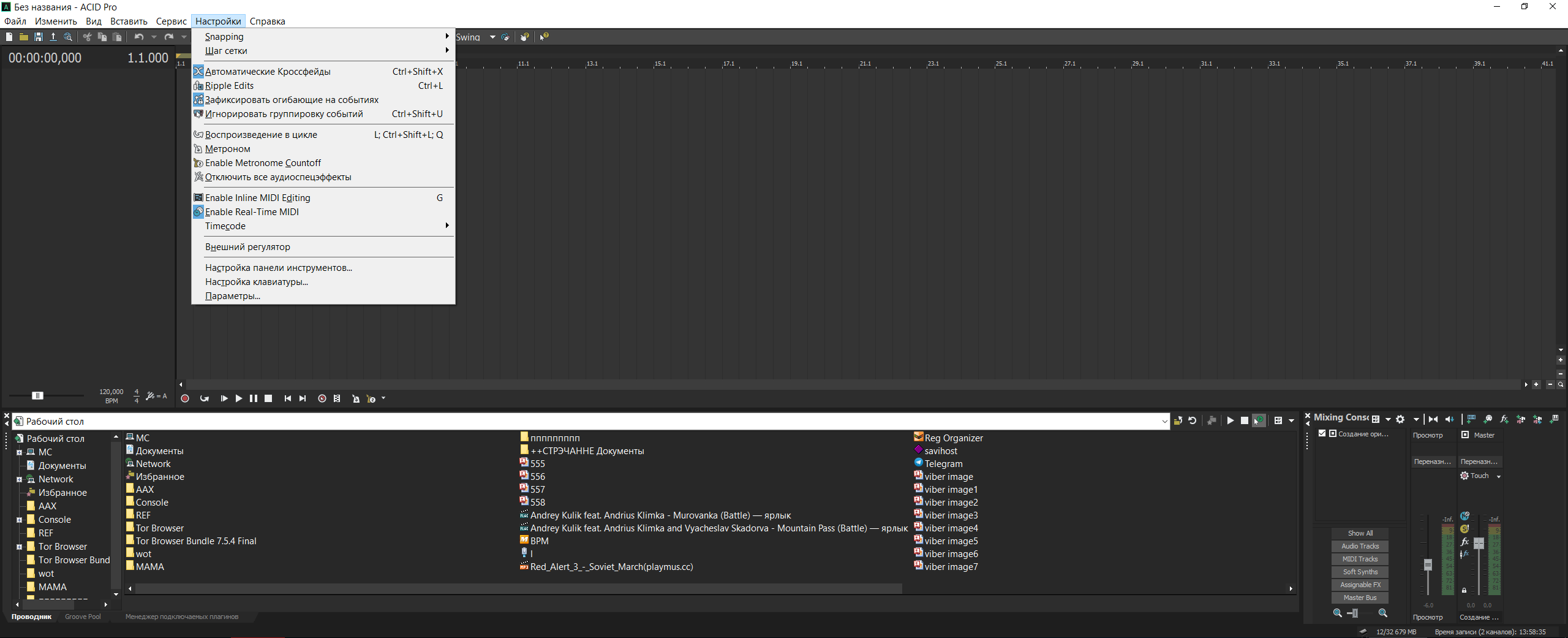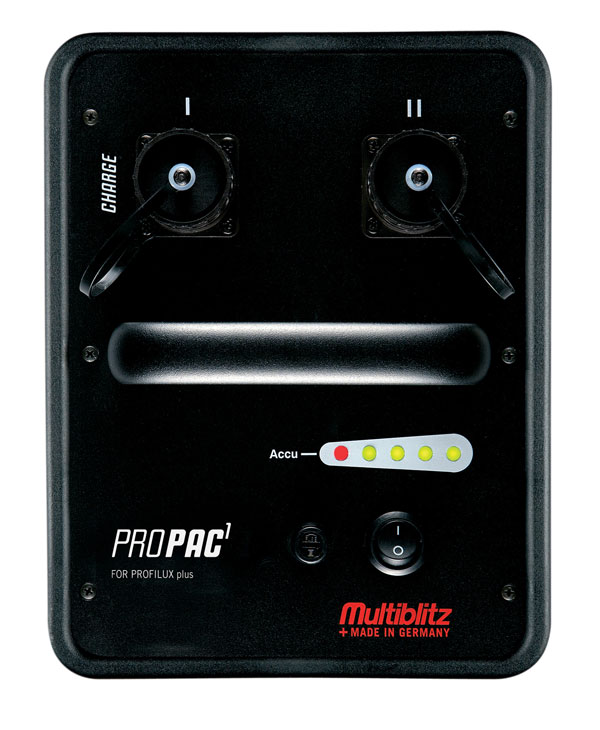

We set the panels up at 9am at our Southern California testing location and were able to fully charge the DELTA 2 in 3 hours without having to move the panels. It is rated to pull up to 500 watts from solar panels (11-60V, 15A) so this was no surprise.
#Acid pro portable portable
We took the DELTA 2 outside and connected it up to EcoFlow’s high power 400 watt portable solar panels and it eagerly soaked up the power. EcoFlow says it will recharge from 0 to 80% in just 50 minutes or from 0 to 100% in 80% which makes the DELTA 2 a great addition when the use case requires maximum flexibility. Pulling 1,100 watts from a wall outlet isn’t the fastest we’ve seen, as some units can pull up to 1,800 watts, but the ability to fully charge from a wall outlet in under an hour should meet the needs of most consumers.
#Acid pro portable full
That translated to a full charge in just under an hour. With the DELTA 2 plugged into a wall outlet, it immediately woke up and started drinking power, gulping down 1,170 watts from the outlet. A few dozen home made crispy egg rolls later and the DELTA 2 hardly blinked as it pushed out 1,500 watts almost constantly for nearly 45 minutes. It was the perfect way to get the family out of the house for a COVID-friendly gathering, keep the extra heat out of the house, and shift some load away from peak hours to keep the fragile California electric grid running. With a cast iron pan, the egg rolls didn’t seem to mind one bit. On the medium high temperature setting, the DELTA 2’s display showed in real time how the induction cooktop pulses the full power on and off in order to lower the average heat delivered.

Cranking on the induction cooktop, the power pack immediately woke up and started pushing out power to support the hefty load. On Labor Day, the DELTA 2 made it easy to take the party outside, powering a single burner induction cooktop to fry up some home made egg rolls. With a 200 watt solar panel pushing power in, testing showed that the EcoFlow DELTA 2 would recharge in 5-10 hours here in Southern California depending on the angle of the panels. It’s a beautiful use case for the DELTA 2 and replicates the use case in a recreational vehicle or off-grid home, where the power station would be charged up again from a row of solar panels on the roof of the vehicle the next morning. The DELTA 2 supported this setup for the full 5 hours almost every night with no issues.

It was more than up to the task of powering a 65″ TV, networking switch, PS5, Raspberry pi and supporting gear as they only pulled between 170 and 300 watts combined. Over the course of the week-long heat-induced grid strain, the DELTA 2 made it easy to plug it in in the morning and using it to power the entertainment system for a few hours in the evening.

The recent California heat waves presented an opportunity to use the DELTA 2 to manually load shift electrical usage from off peak to peak usage times. If you’re not planning to move it around, the handles make great anchor points to secure it into your RV, trunk, boat, etc. I found it to be one of the most ergonomically friendly, easy to move packs I’ve tested. EcoFlow has included handles on either side of the unit that make it easy to move around its 27 pound mass. The trade off for using LFP cells is typically a heavier and larger pack, but the DELTA 2 comes in a svelte, compact package. Image credit: Kyle Field, CleanTechnicaĭisclaimer: EcoFlow provided the DELTA 2 to the author for the purposes of this review. Said another way, if you cycled the battery fully every single day, you could do that for more than 8 years and still have 80% of the boilerplate storage capacity.Ĭharging the DELTA 2 with EcoFlow’s 400 watt folding solar panels. The DELTA 2 should still have 80% of its storage capacity after 3,000 cycles. That price gets you a full kilowatt-hour of storage capacity using iron phosphate (LFP) cells that enable far more cycles before the pack capacity starts to degrade. $999 for a solid portable power station from a proven company like EcoFlow with even better prices to be had during the launch week. Right out of the box, the first thing that stands out is the price. EcoFlow sent us the new DELTA 2 portable power station to run through the paces and we eagerly got to work. The new EcoFlow DELTA 2 bundles EcoFlow’s robust iron phosphate battery cell tech with its proven power electronics into a compact 1,024 Wh / 1 kWh package that boasts an impressive 1,800 watt continuous / 2,700 watt peak power output. EcoFlow has been a pillar of the portable power station market for years now and they are showing no signs of slowing down.


 0 kommentar(er)
0 kommentar(er)
